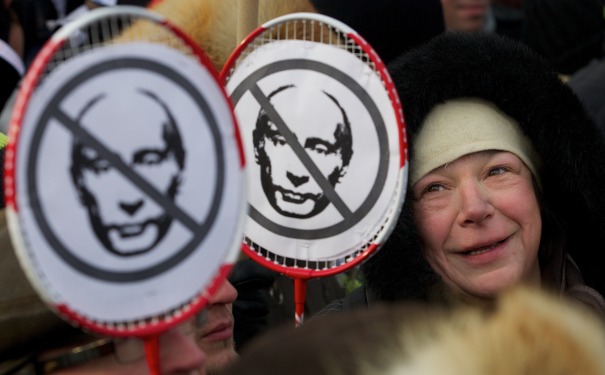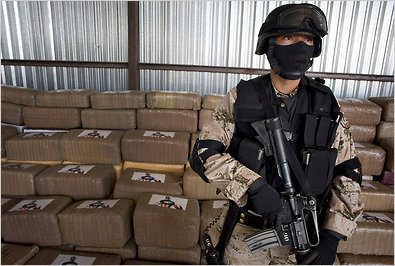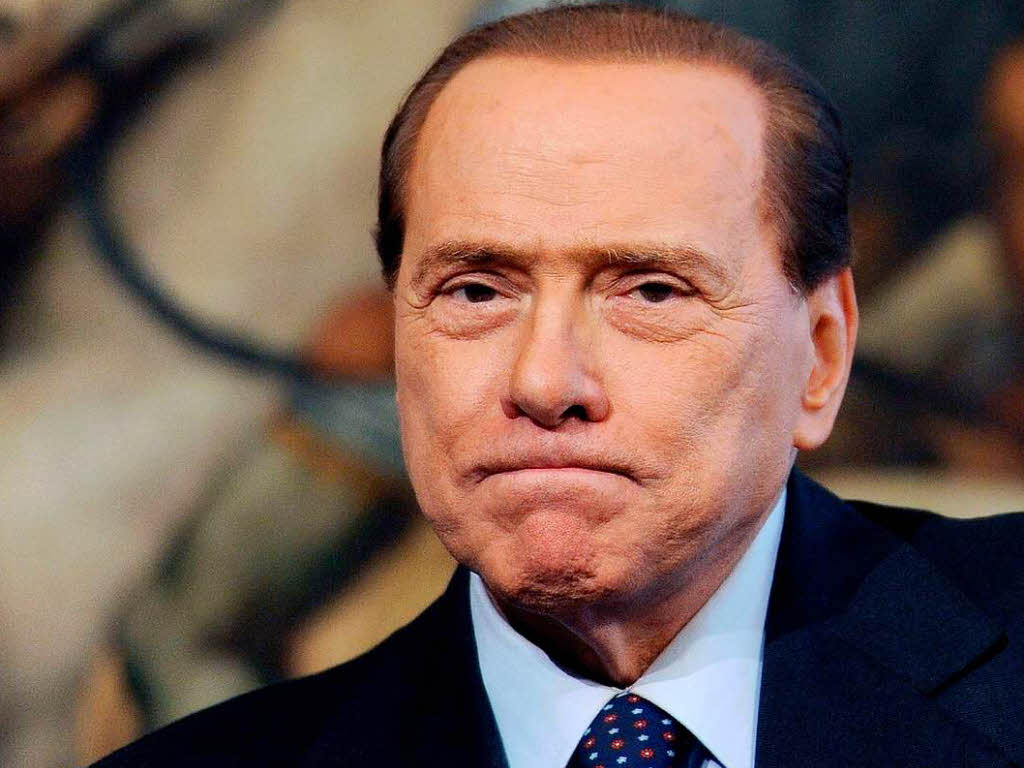President Vladimir Putin, now in his third term in office, has caused Russian society to retrench when it comes to civil rights. Human Right Watch contends that Russia’s civil rights regime is at its worst in the post-USSR era. In a scathing editorial in the Guardian, veteran Russian civil rights activist Lyudmila Alexeeva, stated that Vladimir Putin’s goal is to destroy Russian civil society and consolidate all civil activity to within the hands of the government. Democracy Index argues that Putin has eroded the democratic underpinnings of Russia in favour of an authoritarian regime. Russian authorities are increasingly cracking down on dissidents and forcing civil rights campaigners to the margins of society.
Living in Constant Fear
One particular area of concern is LGBT (Lesbian, Gay, Bisexual and Transgender) rights. An unsanctioned LGBT rally in Moscow in May ended in violence and arrests by Russian police. That the first ever Russian pride march ended in arrests is not surprising. LGBT individuals are being persecuted by their own government. The protest occurred in response to a recently-passed law making information or events about LGBT a criminal offence punishable by fines. Russia has also enacted a 100 year ban on pride parades.
Homosexuality was decriminalized in Russia in 1993. In spite of this, no law currently exists in Russia that protects LGBT persons from crimes targeting their sexuality. The Head of the Council of Europe, Thorbjorn Haglund, has called on Russia to protect LGBT people, stating that authorities have a duty to protect LGBT persons. Outrage was further sparked by the brutal death of a 23-year-old man who was killed due his homosexuality in May. Russian gay rights activists claim similar attacks occur every day within Russia.
President Putin’s rhetoric does not match the reality on the ground. Putin has been quoted saying “It is imperative to protect the rights of sexual minorities”, yet LGBT Russians constantly fear for their safety. Authorities frequently dismiss hate crimes against LGBT people as “disagreements” or drunken behaviour, leading activists to charge that authorities lend unspoken support to these hate crimes. Part of Putin’s doubletalk can be traced to his voting base. Putin’s political voting base has a substantial contingent of ‘muzhik’ (which translates to peasant). Muzhik is used to define a tough, conservative, single-minded individual in complete control of his family. They are typically from the lower socio-economic bracket. Putin does his best to appease them and illustrate to them that he has their interests at heart. This tactic is known as neo-traditionalism. Putin is appealing to voters by harkening back to a time they remember fondly and galvanizing them around certain issues. LGBT persons are blamed for the perceived inadequacies of modern Russia and President Putin is allowed to act as he wishes.
Putin’s Orthodoxy
Putin’s Presidency has facilitated a revival of the Russian Orthodox Church. During the time of Communism the Russian Orthodox Church was banned from Russian life. Only after the USSR dissolved in 1991 was the Russian Orthodox Church allowed to recover. President Putin has recently begun a concerted effort appealing to religious Orthodox voters. Commentators have argued that he has blended his ever-present nationalism with Orthodox Christian values. By doing so Putin has crafted a message that appeals to a large portion of Russia’s populace. Putin is on record as stating that the Orthodox Church should have more say in the lives of ordinary Russians. Putin’s courtship of the Orthodox Christian vote is not surprising. 70% of Russians identify themselves as Orthodox Christians at present, giving Putin plenty of reason to appeal to the base.
[captionpix align=”left” theme=”elegant” width=”300″ imgsrc=”http://natoassociation.ca/wp-content/uploads/2013/06/putinkirill.jpg” captiontext=”Vladimir Putin with the Patriarch of Moscow, Kirill I.”]
The Orthodox leadership has emerged as a major supporter of Putin. The President’s ties to the Church have strengthened after the recent trial of the punk rock band Pussy Riot, imprisoned after occupying a Moscow cathedral and demanding God to remove Putin from power. Patriarch Kirill I, the leader of the Russian Orthodox Church, has likened Putin’s ascent to power as a ‘miracle of God’. Kirill has argued that homosexuality is a problem on par with drug addiction, prostitution and adultery. In addition, Kirill has stated that feminism could destroy Russia by propagating an image of false freedom for women. This support is further evidenced by his often serving as an advisor to Putin. Another abbot, Tikhon Shevkunov, is widely believed to be Putin’s spiritual counsellor. Shevkunov has been the driving force behind restoration projects of Moscow churches; a project estimated to be worth billions of roubles.
Religious education was made mandatory by Putin when he signed a new bill into law in January. It is worth noting that the bill does not specifically state which religions, and how many, will be taught in Russian schools. Putin, as an Orthodox Christian, in appealing to the largest religious demographic in the country which makes it likely that Orthodox Christianity will be the primary beneficiary of the bill. The Russian Duma recently approved a bill that would have people to be jailed for offending religious feelings. Polls indicate that 80% of Russians support the bill. These measures have set up Putin and his government to become the arbiters of what constitutes religious civil rights in Russia. The lines between church and state are blurring, to the Russian government’s advantage.
Vladimir Putin is propagating an environment that is increasingly hostile to individual civil liberties. Russia’s human rights record has hit its lowest point since the Soviet Union. In particular LGBT individuals have faced a culture of hostility within Russia. By appealing to the Muhzik and the Russian Orthodox Church and its supporters, Putin has increased the purview of the government at the expense of Russian civil society. There are few signs to indicate that the Russian civil rights climate will improve. Some soothing balm posing as rhetoric aside, the rights of individual Russians will continue to controlled by a powerful few.




